| In early 1952, a new preacher arrives with his teenage son in a small town in northern Vermont from across the border in Montréal. Walt Andrews is hard-working, intelligent, friendly and enterprising. As a bonus, he’s good at sport. Most of the congregation is happy with his appointment, although some are offended by the colour of his skin. |
Welcome
I started this blog in 2013 to share my reflections on reading, writing and psychology, along with my journey to become a published novelist. I soon graduated to about twenty book reviews a month and a weekly 99-word story. Ten years later, I've transferred my writing / publication updates to my new website but will continue here with occasional reviews and flash fiction pieces, and maybe the odd personal post.
On trial for murder or the colour of his skin? A Stranger in the Kingdom by Howard Frank Mosher5/1/2024
4 Comments
Two novels about a difficult patch in a long marriage, complicated by difficult relationships with the couples’ offspring. The first is the best book I’ve read so far this year. The second, by a more famous author, doesn’t come anywhere near.
Here are reviews of two different types of English political novel. The first is contemporary and addresses how political events impact on an ordinary London family. The second is a historical novel that gets right to the heart of one of the most turbulent periods of British history.
Two translated novels, both with a contemporary and historical element, which address the female struggle for autonomy and self-expression in a misogynistic and racist world.
I’ve recently read two very different novels in which traumatised mothers suffer a second blow in being distanced from both their children, albeit the separation is for very good reasons. The first is a translation set against the backdrop of the Rwandan genocide. The tragedy in the second is less widespread, restricted to one particular family, but nevertheless extremely painful for those concerned. Read on to discover how these books are about so much more.
I’m pleased to share my thoughts on two recent reads which focus on collecting the testimonies of women wounded by policies and practices rooted in racism: the first set in the early 1960s and the second century before.
Black, Queer and marginalised: Didn’t Nobody Give a Shit What Happened to Carlotta & Crosshairs12/12/2022 Two novels about the shit that can happen when you’re Black and gender nonconforming that also acknowledge the joy of living true to oneself.
I love the freedom fiction gives me to make things up, but I also enjoy the facts I discover in the course of my research. In my novella, Stolen Summers, I gave my character, Matilda, a dancing partner who attracted and intrigued her, partly because he came from a different background.
I’ve linked these two very different novels via the theme of compromised freedom, partly because that’s how I feel myself right now. In the first, an elderly widow frees herself from pity by casting a stranger as her grandson but fears being found out. In the second, women are magically freed from misogyny at a cost of losing the men and boys they love.
Allow me to introduce two novels about the marginalisation of women’s experience: the first set in sixteenth century Strasbourg where the church rules hearts and minds; the second in contemporary a South Africa grappling with its colonial past. Both include a scene of arson, but that is not the worst of the violence.
Two fabulous fiction books about ordinary people in historically significant times. The first is a family saga set in China, Taiwan and America across six decades of the twentieth century. The second is a snapshot of Swiss history on a single day in 1959 when the male half of the populace denied their mothers, sisters and wives the right to vote.
Here are two books featuring different kinds of caring: the first a translated memoir about a healthcare professional who looks after people’s minds along with their feet; the second a novel about an actor who opens his home to his struggling father and to his childhood friend.
Let me present two chunky novels, both published in the UK on 3rd February, about which I had some reservations but came to love. Despite a decade’s difference in age between the novels’ protagonists, both are coming-of-age stories in which an unexpected kind of love – or unconventional for their particular communities – teaches these young women about family, ambition, identity and themselves.
We can choose our friends but not our neighbours, unless we happen to own a plot of land with cottages to rent or offer free to selected guests. In which case we should choose carefully: in a crisis, out in the countryside, we might have to rely on our neighbours more than we’d expect. But as renters and guests we might not have a say in the matter, as these two novels highlight. The first is about a woman unsettled by the folk beliefs of her neighbours in rural Scotland; the second about a temporarily covid-free community in upstate New York.
When I selected these books for my first reviews of 2022, I thought all they shared was their UK publication date of January 6th. I was wrong. Both are unconventionally structured novels by and about migrants, from the Indian subcontinent, to rich countries founded on the genocide of their indigenous populations, where truth is sometimes sacrificed on the altar of populist politics and the realities of racism and the climate crisis denied. Read on for the different ways these authors handled their theme.
Allow me to introduce you to two novels that expose Britain’s dirty hands in the immoral corporate wheeling and dealing that directly harm the poor both here and abroad. If that sounds heavy, remember that the beauty of fiction is that it can wrap that painful politics in a gripping narrative of romance and intrigue. Now, isn’t that a step up from governments that condone such corruption or, at least, turn a blind eye?
I'll continue posting longer reviews of books gifted to me by the author or publisher, but I'll probably keep this up for books I've bought myself. It should work for me, but will it work for you? Let me know in the comments what you think.
Read on for reviews of six contemporary novels, one classic novel, a short story collection and two non-fiction books, all read over the last three months. I’m sharing my reflections on two books I read recently, which I enjoyed despite not being my usual reads. I bought them because they relate to my interest in mental health issues, but there must have been more than that. Both are based on true stories - the second is actually creative non-fiction - about the author’s friendship with someone who has a psychiatric diagnosis and has been subjected to a care system that is often uncaring. Like my latest novel, Matilda Windsor Is Coming Home, they celebrate marginalised lives.
Three short reviews of novels on the theme of love and loss: the first, set in Canada, about a woman whose husband disappears and turns up a year later with a new identity; the second, set in France, is about a man who yearns to be reunited with the lover from his youth before he loses himself to dementia; the third, a translated novel set in Spain, is about the tender relationship that develops between two brutalised people.
These two recent reads about a subject close to my heart: finding the meaning within supposed madness and unOthering those deemed severely mentally ill. The first is a classic, an antidote to the mad woman in the attic in Jane Eyre; the second, which deserves to become a classic, published this year. I have no hesitation in recommending them both.
I’ve been reading about fictional male vulnerability in this contemporary translation and this classic from seven decades ago. In the latter, a man has lost his infant son in Nazi-occupied France. Although he’s had an easier war in England, he’s almost as lost as the child. In the other, a family flees poverty in Russia, ostensibly in the hope of better health care for an orphaned boy. But perhaps it’s not him, but his grandparents, who need help most.
Here we have two highly successful mid-twentieth century novels with hospital settings. The first is a comedy of manners only partly set on a medical ward for older women in a London hospital; the second is an exuberant but ultimately devastating portrayal of an Oregon State medical hospital. What’s it like to read/reread them during pandemic six decades after they first hit the shelves?
It was good to read these two American novels about Black gay men, especially during LGBT history month: the second set in 19th-century Mississippi and an unnamed part of Africa; the first set in contemporary Texas and Japan.
What’s the impact of inequality and injustice on friendship? These two London-set novels might go some way to helping us understand. In the first, two women unite to claim a degree of personhood and agency within the culture of misogyny in the court of James I; in the second, a young Black man struggles to maintain a loving relationship within a contemporary climate of institutional racism.
|
entertaining fiction about identity, mental health and social justice
Annecdotal is where real life brushes up against the fictional.
Annecdotist is the blogging persona of Anne Goodwin:
reader, writer, slug-slayer, tramper of moors, recovering psychologist, struggling soprano, author of three fiction books. LATEST POSTS HERE
I don't post to a schedule, but average around ten reviews a month (see here for an alphabetical list), some linked to a weekly flash fiction, plus posts on my WIPs and published books. Your comments are welcome any time any where. Get new posts direct to your inbox ...
or click here …
Popular posts
Categories/Tags
All
Archives
March 2024
BLOGGING COMMUNITIES
|
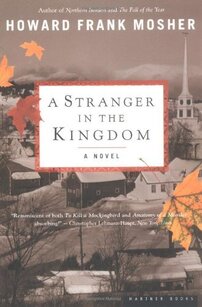
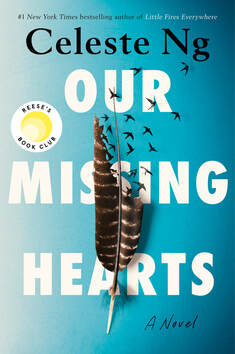
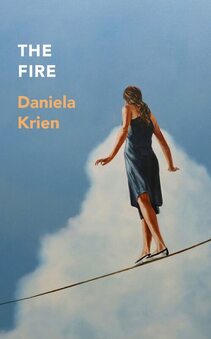
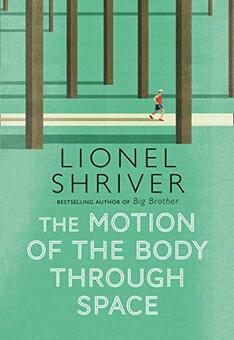
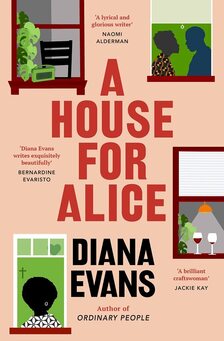

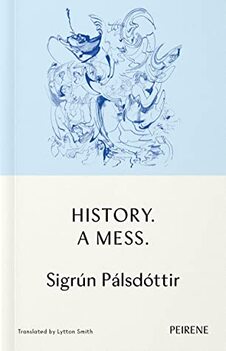
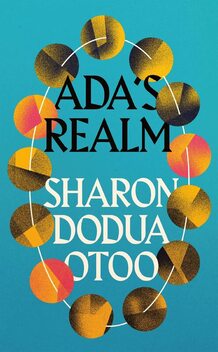
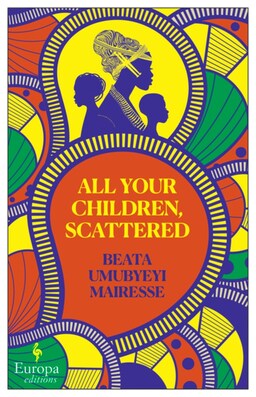
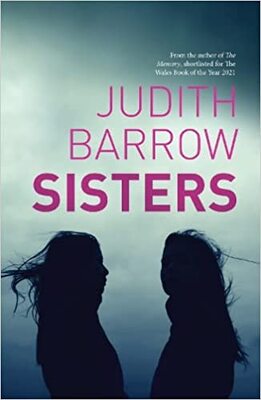
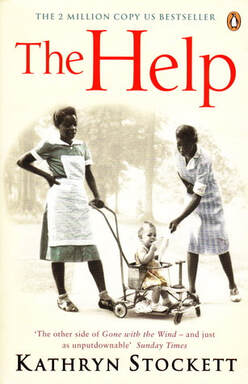
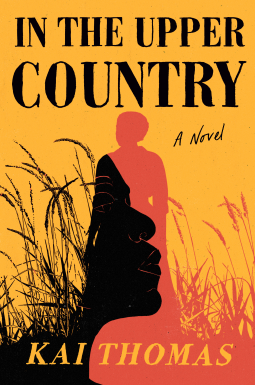
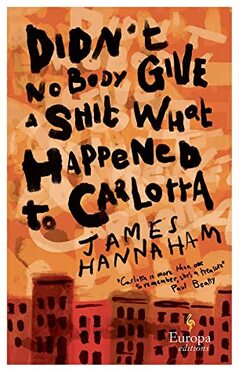
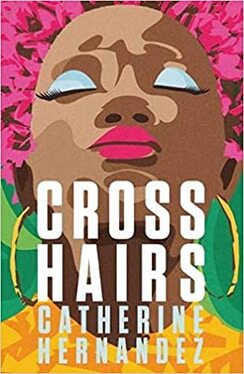
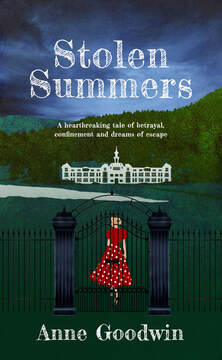
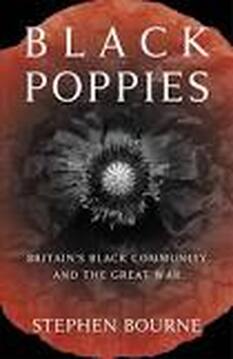
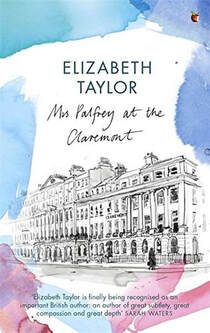
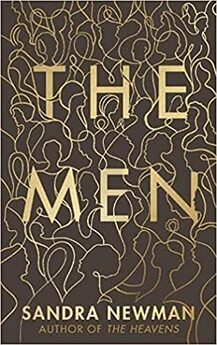
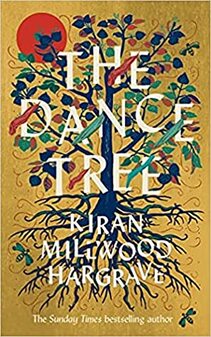
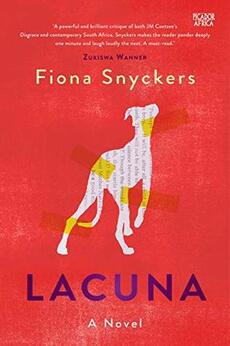
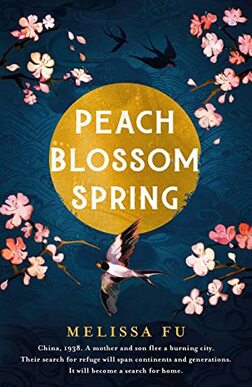
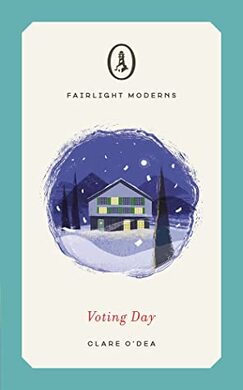

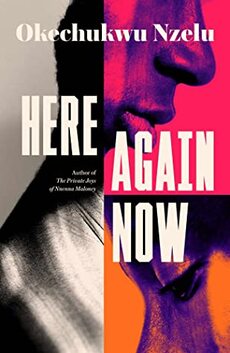
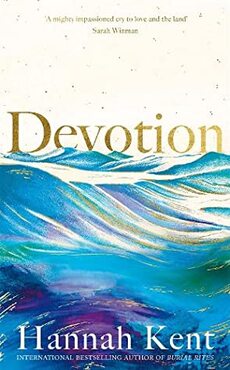
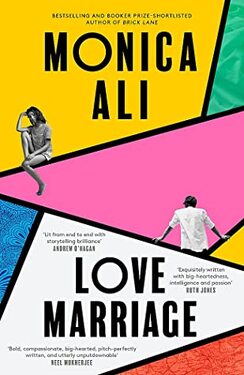
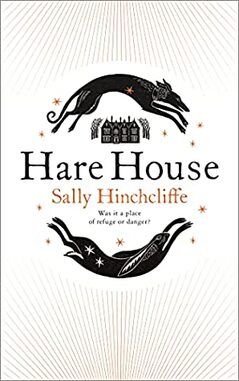
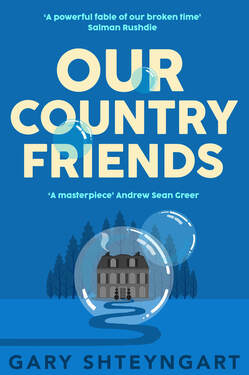
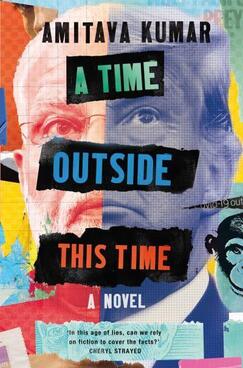
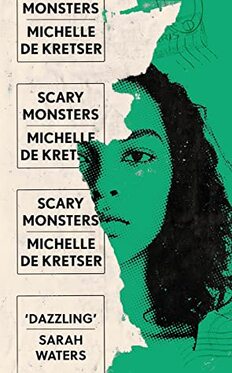
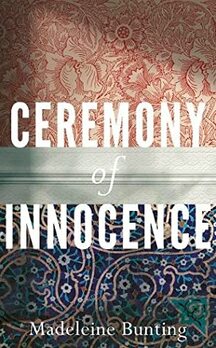
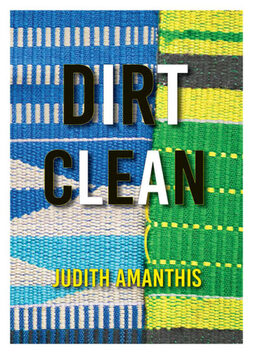
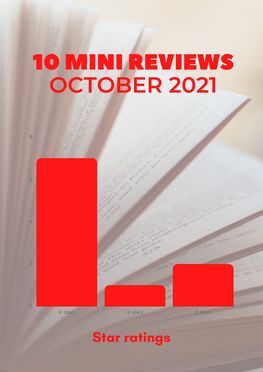
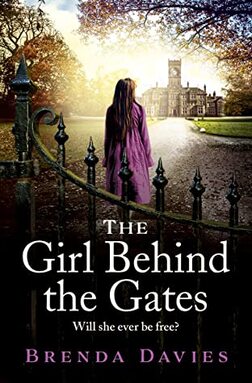
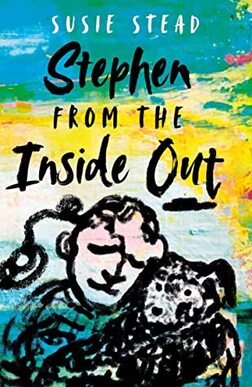
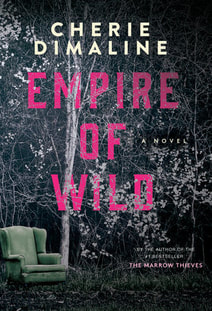
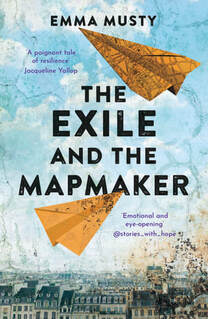
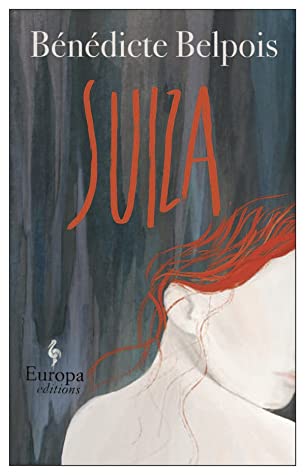

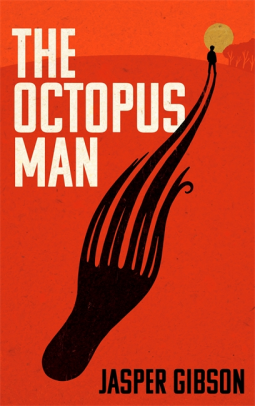
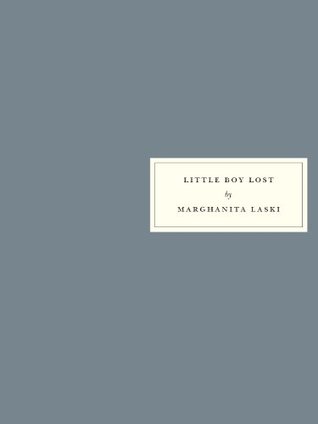
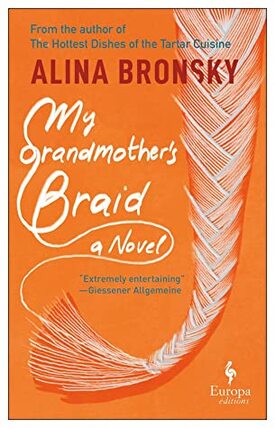
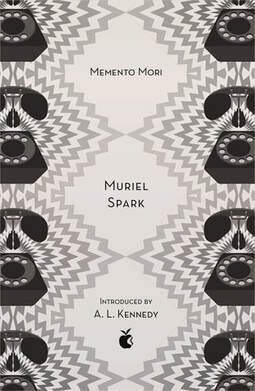
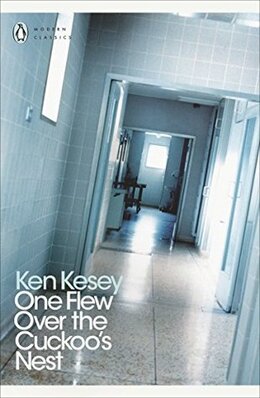
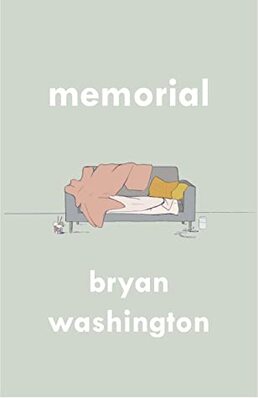
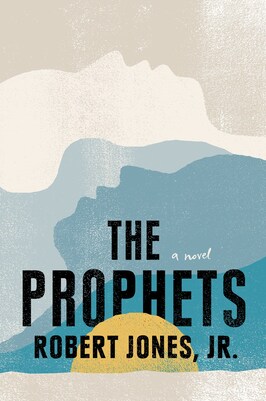
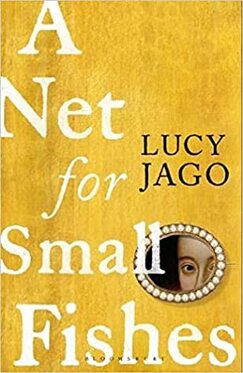
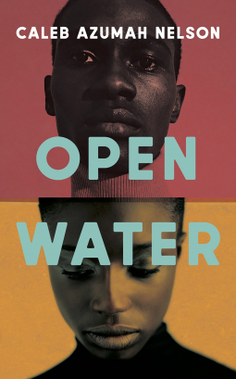





















 RSS Feed
RSS Feed





















